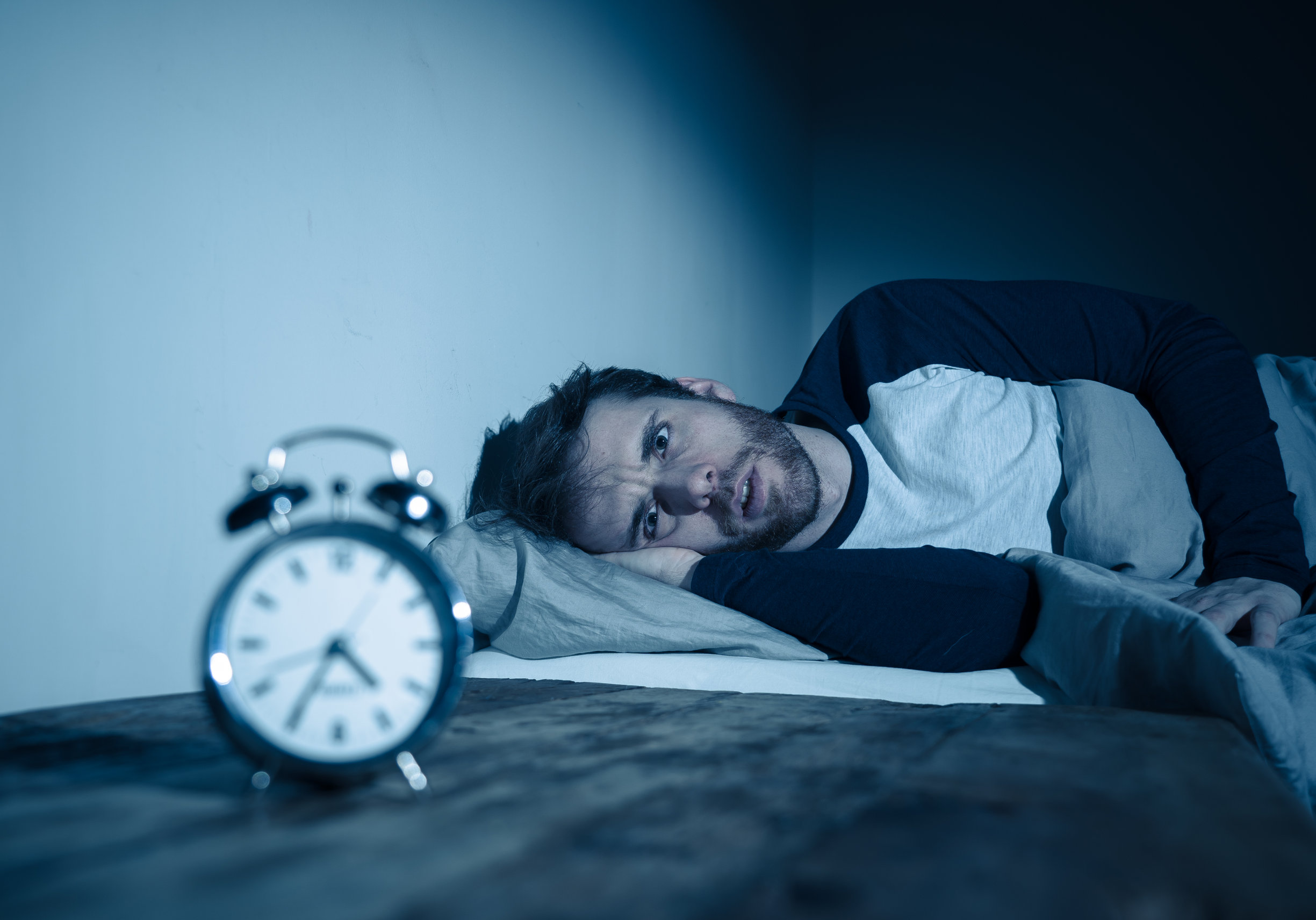”Georgia, do you have a hard time falling asleep? Even when we're ready to sleep, it is hard to stop thinking about all the things that didn't get done that day. This week's article has questions to help guide you into a relaxed state. We hope this gets you more sleep!
Reading Time: 5 Minutes
MWi Hack:
- Ask yourself the questions in the article to learn why your mind be racing before bed
MWi Summary:
- Even if you are tired at the end of the day, it is difficult to fall asleep if your mind cannot quiet down.
- Answering questions around these topics can help you pinpoint why your mind is racing and how to relax before bed:
- Phone usage
- Evening activities
- Lighting
- Stress levels
- Caffeine
How to Calm Your Racing Mind So You Can Sleep
Can’t fall asleep? These 7 questions will help you figure out why.
I regularly speak to groups about the necessity of sleep for the prevention of burnout, management of stress, improvement of mood, and a host of other benefits. Almost every time I do, someone comes up to me and says:
“I know I need more sleep. But what do I do if I can’t fall asleep? I get into bed early enough to get eight hours, but then I just lie there with my mind racing.”
I also frequently hear this from coaching clients and patients. When I do, I start asking questions. And usually find the answer.
Here are the questions, for you to ask yourself:
1. Do you take your phone to bed?
First of all, the light from the phone is stimulating to the brain and can suppress melatonin release (melatonin helps you sleep). The best solution is to not look at your phone after 9 p.m. (or an hour or two before bed), but lots of people aren’t ready to give up that habit. If that’s you, use a blue-light-blocking mode, like “Night Shift” on iPhones, and turn your screen brightness down as far as it can go.
2. What are you reading, or doing in bed, before you go to sleep?
This is my second point about the phone. I once heard a sleep expert at Harvard say that texting at bedtime is a bad idea. The thought processes that you use are too stimulating for your brain. Obviously, checking work emails (or any email) at bedtime is a really bad idea, especially if you come across something stressful. You may not even want to read the news, in case there’s a headline that stimulates thoughts or concerns.
3. What do you do with your evenings?
If you have trouble winding down to sleep, take care not to wind yourself up over the course of the evening. Good rules of thumb:
- Avoid challenging conversations with your spouse in the evenings if possible. Definitely avoid starting a difficult conversation close to bedtime.
- If you must work in the evening (i.e., answering emails), try to do so earlier versus later, so you have time to wind down your mind before bed.
- Working out in the evening makes it harder to wind down and fall asleep. Do it earlier in the day.
- If you go out on a work night, plan to get home at a reasonable hour so that you have time to wind down and still get into bed on time.
Notice what “winds you up” in the evenings. Either avoid it, or schedule it much earlier.
4. What lighting do you use at night?
This is another key to winding down. People used to sleep an average of nine hours a night before the advent of widespread electricity. The lights we have on at night in our homes are stimulating and can also suppress melatonin secretion.
Feel the difference between two late evening scenarios:
- All the lights are on. The TV is blaring. You’re sitting at a table catching up on emails, while simultaneously conducting a logistical discussion with your spouse. You feel stressed and don’t even want to go to bed. You’ll need at least an hour of Netflix to wind down from this (not a good idea, because of the screen involved, and also if it’s a really well-written show, it will be hard to turn off in time for bed).
- All the lights are off, except a warm yellow lamp in the corner of the room. Soft music is playing. You and your spouse are quietly reading. As you read, the inevitable happens. Your eyelids start to droop. Your head bobs as you fall asleep for a split second. Even though it’s earlier than you’d planned, you get up and head over to the bathroom to start getting ready for bed.
5. Is there something specific you’re worried about?
Perhaps there’s a stressful situation you can’t stop worrying about that’s keeping you awake. In this case, I’d recommend a variety of approaches:
- If it’s serious, get professional counseling support to help you problem-solve the situation and/or your response to it.
- Journal before going to bed to get your worries out of your head and onto the page.
- Learn a relaxation practice, such as a simple relaxation breathing meditation, to quiet your mind and body before bed. If I can’t fall asleep, I focus on a three-line scripture about peace as I breathe slowly in and out; it almost always works. One of my coaching clients, a former figure skater, skates in her mind until she falls asleep.
6. How are you using your bed?
Leverage the strategy of “stimulus control.” If you do lots of different things in bed (e.g., watch movies, answer emails, take phone calls, etc.), your body and mind get confused about the purpose of bed. If you have insomnia, it’s best to only use your bed for sleep. For the same reason, if you can’t fall asleep, get out of bed, and go do something quiet and relaxing until you start to feel sleepy, and then head back to bed.
7. How much caffeine are you drinking?
The sleep expert I mentioned earlier also said that if you struggle with insomnia, you should eliminate caffeine (and any other stimulants) completely and see if that helps. If that feels impossible, start by eliminating caffeine in the late afternoon or evening. Sources of caffeine include coffee, non-herbal teas, chocolate, and some supplements.
MWi would like to thank Susan Biali Haas, M.D. for her expert insights that we were able to share with our community. To read the original article go to:






